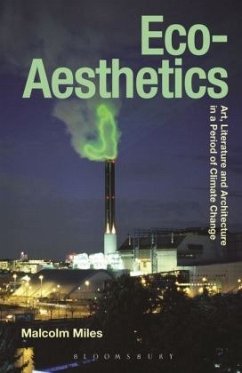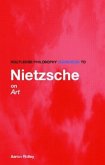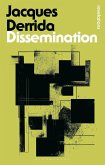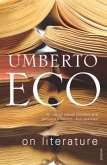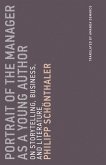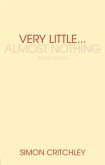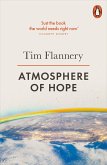By moving beyond traditional aesthetic categories (beauty, the sublime, the religious), Eco-Aesthetics takes an inter-disciplinary approach bridging the arts, humanities and social sciences and explores what aesthetics might mean in the 21st century. It is one in a series of new, radical aesthetics promoting debate, confronting convention and formulating alternative ways of thinking about art practice. There is no doubt that the social and environmental spheres are interconnected but can art and artists really make a difference to the global environmental crisis? Can art practice meaningfully contribute to the development of sustainable lifestyles? Malcolm Miles explores the strands of eco-art, eco-aesthetics and contemporary aesthetic theories, offering timely critiques of consumerism and globalisation and, ultimately, offers a possible formulation of an engaged eco-aesthetic for the early 21st century.
Hinweis: Dieser Artikel kann nur an eine deutsche Lieferadresse ausgeliefert werden.
Hinweis: Dieser Artikel kann nur an eine deutsche Lieferadresse ausgeliefert werden.
Torn between hope and despair about the disastrous consequences of climate change, the question runs burning through our cultural life: what role can art, literature and architecture still play? Reading Malcolm Miles' book we learn that there is no one-line answer on this question. Page by page however he teaches us that there is a beauty in critical thought and perspective on what is going to happen. Taking a wide range of positions and cases into examination, Miles convinces the reader that the ruins of climate change, at least, do not need to be the ruins of our civilization. Frank Eckardt, Professor for Urban Studies and Social Research, Bauhaus-Universität Weimar, Germany 20131014

